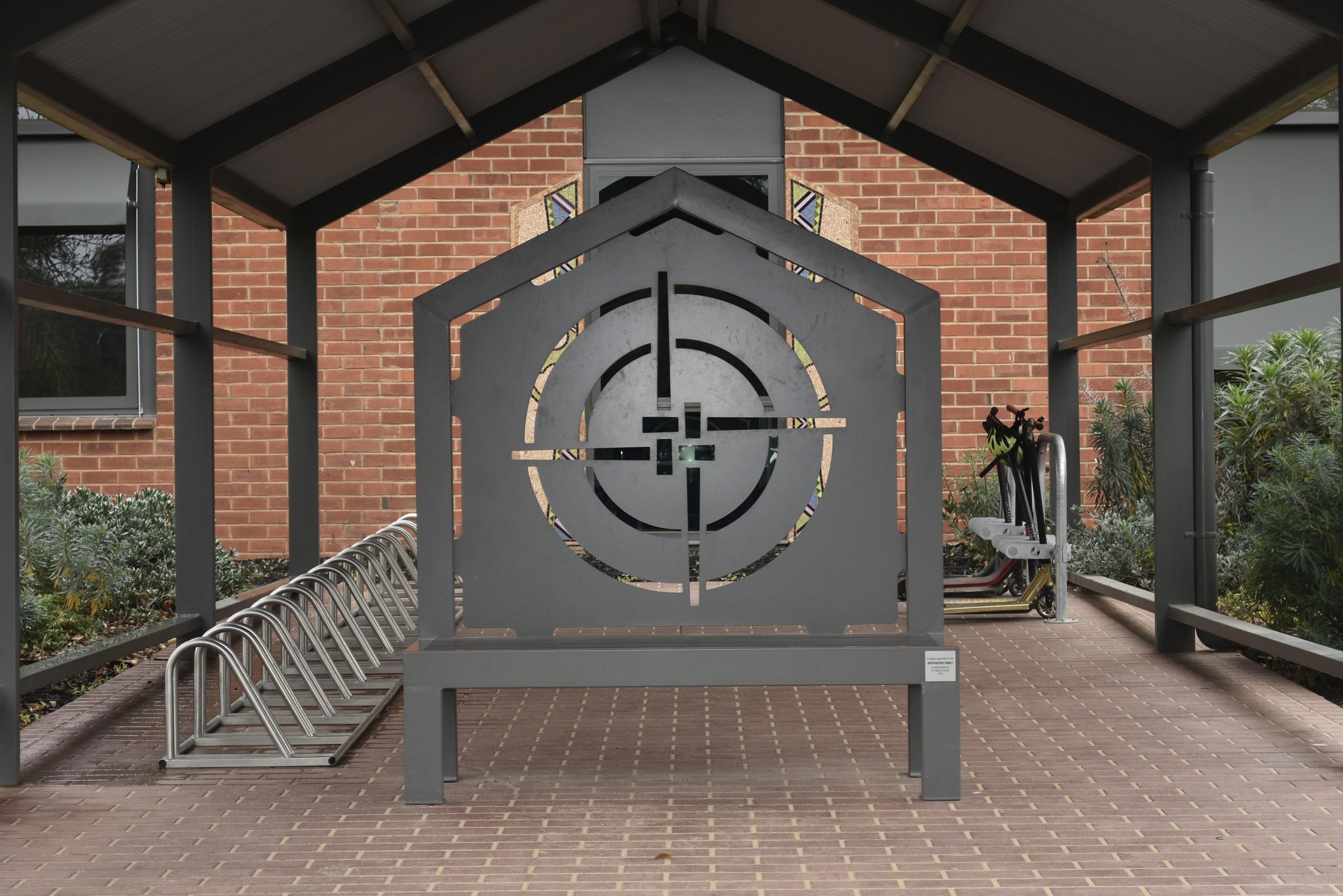Catholic Identity
Leader: Katie Rasmussen

Catholic Identity
Leader: Katie Rasmussen
Eight of our remarkable Grade 5 boys represented St Patrick’s at the Caritas Just Leadership Day held in Echuca. This special event, facilitated by Caritas Australia, aims to engage students with social justice issues and encourage them to become compassionate and effective leaders in their schools and broader communities. The day emphasised empowering students to drive change that makes a positive impact both locally and globally.
Throughout the day, our students joined with other young leaders to explore pressing social justice concerns, from global poverty and environmental sustainability to the importance of social inclusion and human rights. They were encouraged to think critically, empathise deeply, and reflect on how their own actions can lead to meaningful change.
What stood out most was how our students embraced the experience. They eagerly participated in group activities and discussions, sharing their ideas and showing great empathy for those in need. Their confidence in speaking up, listening to different perspectives, and leading their groups was a testament to their developing leadership skills.
We are so proud of how our boys demonstrated not only a strong understanding of social justice issues but also a genuine desire to make a difference. Their enthusiasm, thoughtfulness, and collaborative spirit throughout the day were truly commendable and reflected the values we uphold here at St Patrick’s.
Well done, boys, on representing our school so admirably and embodying the true spirit of just leadership. Your efforts remind us all of the power and importance of standing up for what is right and reaching out to help others. We can’t wait to see how you continue to lead and inspire both within our school and beyond!




As we approach the season of Advent, we invite you to join us in reflecting on this important time in the Catholic Church’s liturgical calendar. For many, Advent may seem like a countdown to Christmas, but it holds a much deeper significance as a time of preparation, hope, and renewal.
What is Advent?Advent, which begins on Sunday, 30th November, marks the start of the new liturgical year in the Catholic Church. The word “Advent” comes from the Latin adventus, meaning “coming” or “arrival.” It is a time for Christians to prepare their hearts for the celebration of Jesus Christ’s birth at Christmas, while also looking forward to His promised return.
Why is Advent Celebrated?Advent invites us to pause amidst the busyness of life and reflect on themes of hope, peace, joy, and love. These are universal values that transcend religious practice and remind us of the importance of family, community, and caring for others. For Catholics, Advent is a time to spiritually prepare through prayer, reflection, and acts of kindness.
How is Advent Celebrated?One way we will mark Advent at St Patrick's is by displaying an Advent wreath in the office foyer, a tradition rich in symbolism. The wreath contains four candles—three purple and one pink—set in a circular arrangement of greenery.
Each week during Advent, we light one additional candle as part of our preparations for Christmas.


This beautiful tradition serves as a visible reminder to focus on these meaningful themes as we journey towards Christmas.
Foundation Class Prayer FocusOn Friday, the Foundation class will help us embrace the beginning of Advent with a special prayer, reminding us of the hope and anticipation this season brings.
We encourage you, as parents, to share in this journey with your children. Whether or not you practise a faith, Advent offers an opportunity to focus on what matters most—family, connection, and acts of kindness. Perhaps lighting a candle at home or sharing a moment of reflection as a family can bring extra meaning to this busy time of year.
May this Advent season be a time of peace and joy for all our St Patrick’s families.
Here is the forth instalment on Graduate Outcomes broken down:


Here is the third instalment on Graduate Outcomes broken down:


Here is the second instalment on Graduate Outcomes broken down:


This is the installment from last newsletter:


Catholic Social Teaching (CST) is rooted in Scripture, formed by the wisdom of Church leaders, and influenced by grassroots movements. It is our moral compass, guiding us on how to live out our faith in the world.
The CST principles which inspire our work are:
Our faith calls us to love God and to love our neighbours in every situation, especially our sisters and brothers living in poverty. Following in the footsteps of Christ, we hope to make present in our unjust and broken world, the justice, love and peace of God.

